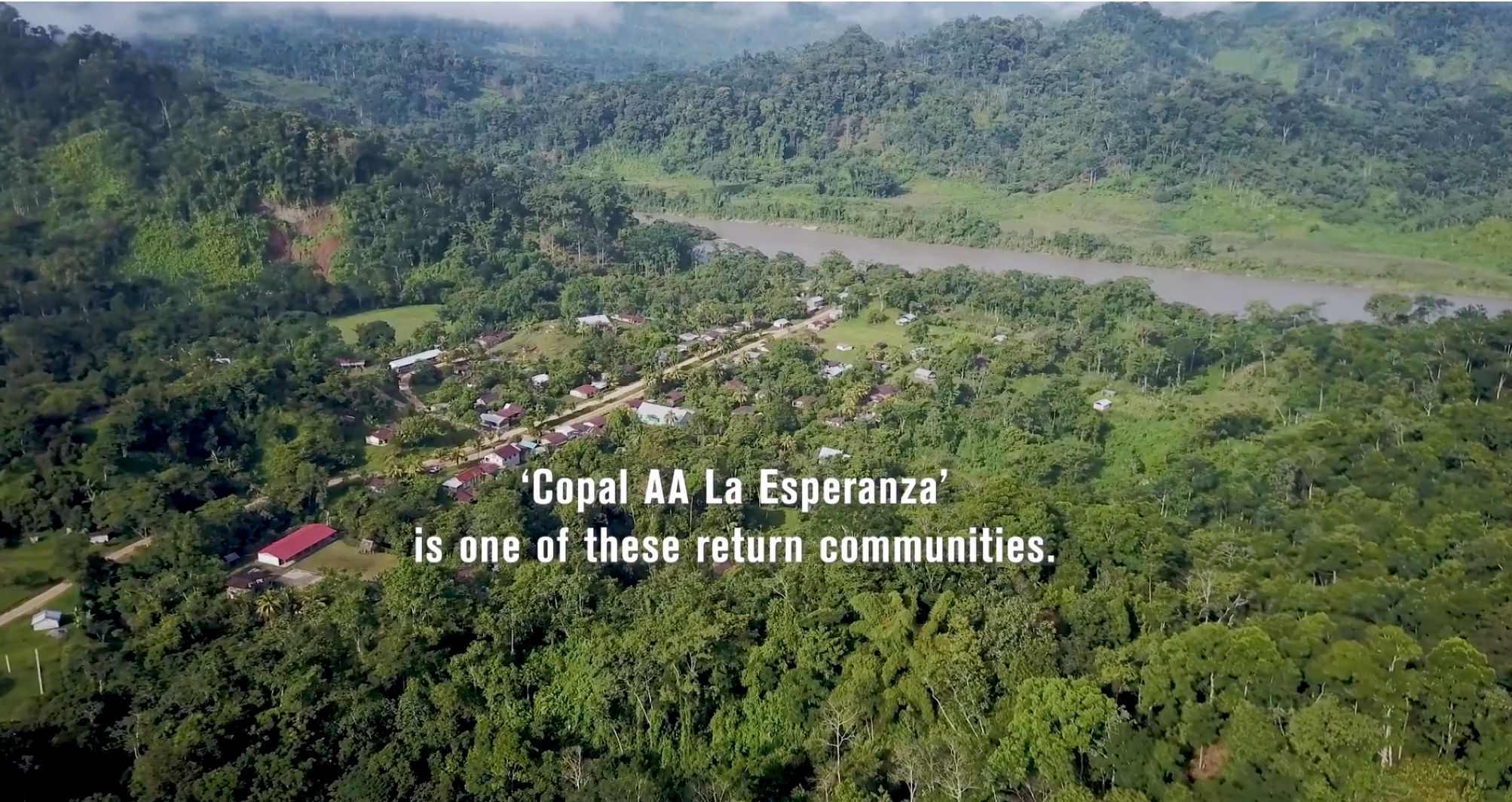Exile, Return, Record Exploring Historical Narratives and Community Resistance through Participatory Filmmaking in ‘Post-conflict’ Guatemala
DOI:
https://doi.org/10.5617/jea.6705Keywords:
participatory filmmaking, co-creation, shared history, displacement, collective narratives, community resistance, media activism, performative ethnographyAbstract
Following previous experiences of violence and forced displacement, ‘the returnees’ from the Guatemalan campesino community ‘Copal AA la Esperanza’ are now defending their territory against the construction of a hydroelectric dam. The returnees unexpectedly mobilized me as a Belgian historian to ‘make’ their ‘shared history’ and produce a documentary about their past and present struggle. The aim of this article is to reflect on how and why I developed a participatory, filmmaking-based methodology to tackle this challenge. I focus on filmmaking, participation and knowledge production to demonstrate the epistemological and ethical benefits of a dialogue between disciplines and methodologies as much as between academic and community practices and concepts. As such, I exemplify my visual participatory approach through its engagement with post-colonial histories and the co-creation of shared knowledge at the intersection of community and research interests. Moreover, I demonstrate how filmmaking can be developed as a grounded, visual, and narrative approach connecting media activism with ‘performative ethnography’. Combining insights from participatory action research (PAR) with Johannes Fabian’s notion of ‘performance’, I argue for ‘nonextractivist methodologies’; ‘knowing with’ instead of ‘knowing-about’. From being a side project and a matter of research ethics, participatory filmmaking turned for me into an investigative tool to explore the collective production and mobilization of historical narratives. I argue that participatory research should not be limited to communities participating in research projects; researchers can equally participate in community projects without this obstructing scientific research. In sum, participatory visual methods challenge us to reconsider the role of academics in (post-conflict) settings.

Downloads
Published
Issue
Section
License
Authors retain copyright and grant the journal right of first publication with the work simultaneously licensed under a https://creativecommons.org/licenses/by-nc-nd/4.0/
that allows others to share the work with an acknowledgement of the work's authorship and initial publication in this journal, for non-commercial purpose, no derivatives are permitted. (Please not that this license has been used since 1.10.2018 and will be used in the future. Articles published between 1.1.2017-and 30.9.2018 are licensed under CC BY license: https://creativecommons.org/licenses/by/3.0/) Authors are able to enter into separate, additional contractual arrangements for the non-exclusive distribution of the journal's published version of the work (e.g., post it to an institutional repository or publish it in a book), with an acknowledgement of its initial publication in this journal. Authors are permitted and encouraged to post their work online (e.g., in institutional repositories or on their website) prior to and during the submission process, as it can lead to productive exchanges, as well as earlier and greater citation of published work (See The Effect of Open Access).


